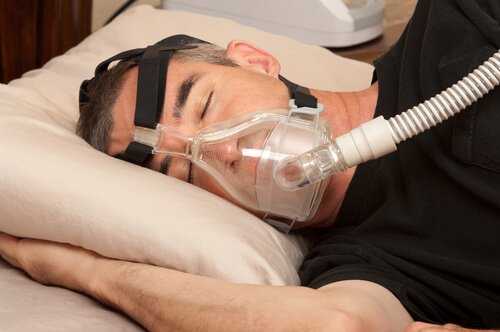
by Jerusha Hancock, Veteran’s Attorney
Sleep apnea effects millions of Americans, both men and women, and can have drastic health effects. Although sleep apnea is often conflated with snoring, it is not the same thing, although some people who have sleep apnea do snore.
A veteran can also establish service connection for sleep apnea on a secondary basis. This means that a veteran has an already service-connected disability that caused the veteran to have sleep apnea. In this case, there must be a medical nexus to link the sleep apnea to their already service–connected disability.
To diagnose sleep apnea, a person must display “apneas,” which are period of time during sleep when someone stops breathing, and “hypopneas,” which is where the oxygen levels in the blood dip below a certain percentage. If a person displays sufficient apneas and hypopneas within a period, sleep apnea will be diagnosed.
When seeking service connection for sleep apnea, veterans face a few different challenges. The first challenge is overcoming many of the myths surrounding the cause of sleep apnea. For example, many people assume that sleep apnea is caused by being overweight. While a large percentage of overweight people have sleep apnea, not all those diagnosed with this condition are overweight. Thin people can develop sleep apnea as well.
The next challenge is receiving a diagnosis. Sleep apnea may only be diagnosed by a medical professional using a polysomnogram, or sleep study. During the sleep study, you will be monitored for both apneas and hypopneas. At home studies are less expensive, but far more inaccurate, whereas a study in a sleep clinic can be very expensive. However, the long-term effects of sleep apnea on the cardiovascular and pulmonary systems, as well as the effects of loss of sleep, make getting a diagnosis and treatment very important.
To receive service connection for sleep apnea, you will need to show an injury or event in service. You will need to establish a timeline of symptoms. If you began having fatigue, daytime sleepiness (hypersomnolence), dry mouth, morning headaches, or other symptoms while in service, that can help establish that sleep apnea began while in service. Or, if you had a traumatic event, a neck, jaw, or facial injury, a nasal surgery related to service, or environmental exposure, that might also establish service connection. You may also be able to get secondary service connection if your sleep apnea can be related to a service-connected condition or treatment for the same.
You may be able to submit sufficient lay evidence to trigger the VA’s duty to assist by providing a sleep study. While hypopneas require a medical professional to diagnose, either the veteran or someone who has witnessed apneas can speak to those, as a lay person can establish that someone was choking or gasping in their sleep.
Once you receive service connection for sleep apnea, you will need a doctor to certify that a breathing assistive device (BAD), such as a CPAP machine, is medically necessary, whether you use it. If you can establish a diagnosis, a connection to service, and the requirement of a BAD, you will receive a 50 percent evaluation for this condition.
Berry Law was founded by Vietnam War Veteran and legendary trial lawyer John Stevens Berry Sr. We are proud to have many military Veterans among our attorneys and staff. They understand what it means to serve and know, firsthand, the struggles many of our clients face every day.
If your VA disability claim has been denied, Berry Law may be able to help. We have been successfully representing Veterans for decades. Contact us today for a free evaluation.
Our monthly newsletter features about important and up-to-date veterans' law news, keeping you informed about the changes that matter.